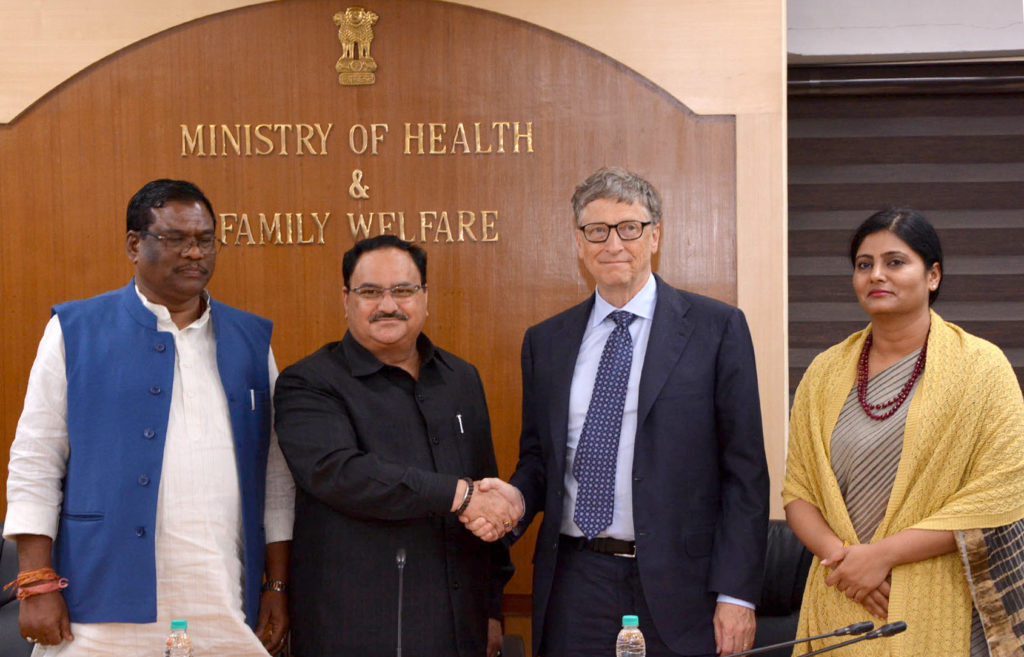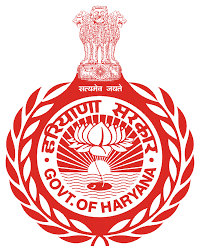T R Raghu Kumar, an employee with the Union Bank of India, lost his eyesight when he suffered an accident at his home in March 1991. An M.Sc graduate, he had severely injured both his eyes during a fall and lost his eyesight completely in a couple of years. He was sent on compulsory retirement on September 2006, as he had no chances of getting back his eyesight. Since he had no insurance cover, Raghu approached Reliance General Insurance officials to avail himself of an insurance policy. But to his utter shock, the Sales Manager of Reliance General Insurance, V Kiran, in a letter March 10, 2008, stated that there was no provision in their company policy to give insurance cover to visually challenged people. Undettered, Raghu knocked the door of state-owned LIC. But the LIC too rejected his papers. Enraged by the authorities’ callousness, he went to New Delhi and called on the Chief Commissioner for Persons with Disability, Ministry of Social Justice and Empowerment, and complained about the refusal of health policy by LIC to him. The LIC, in a letter dated August 1, 2008, wrote that their corporate policy did not allow them to provide the health care facilities to the visually challenged. Raghu lodged a case with the Chief Commissioner for Persons with Disabilities, New Delhi, charging that the LIC of India had to abide by the PWD Act 1995 which did not allow for discrimination of visually challenged persons. In response, the LIC reiterated its stand and refused to issue him a policy. “We need medical cover as we suffer from fractures and accidents when we walk,” says Raghu,who wants the Centre to delegate more powers to authorities to ute the provisions of the PWD Act, both in the public and the private sector.

Be a part of Elets Collaborative Initiatives. Join Us for Upcoming Events and explore business opportunities. Like us on Facebook , connect with us on LinkedIn and follow us on Twitter , Instagram.








